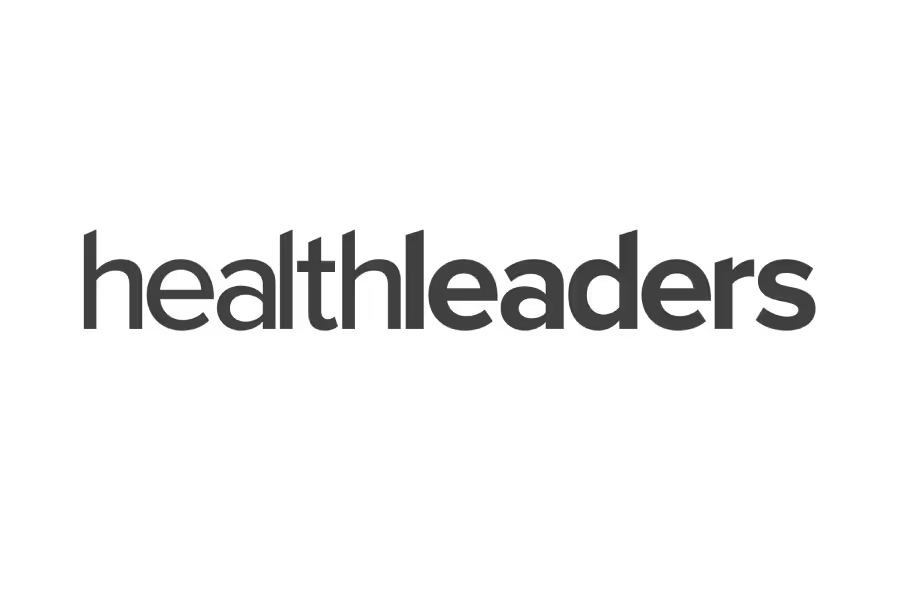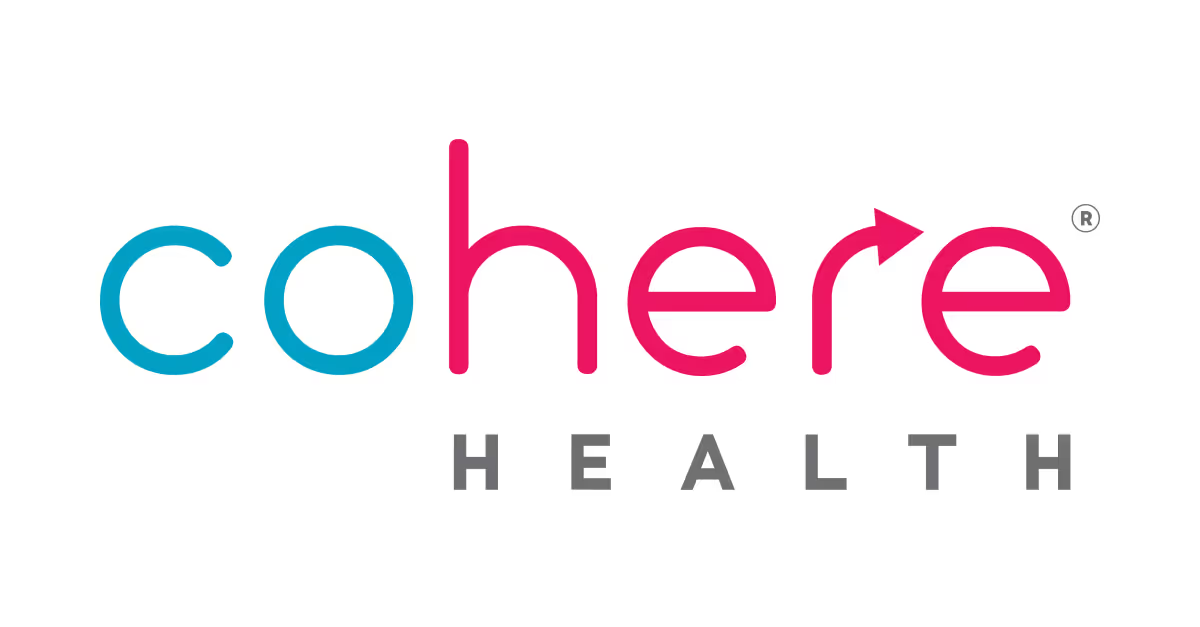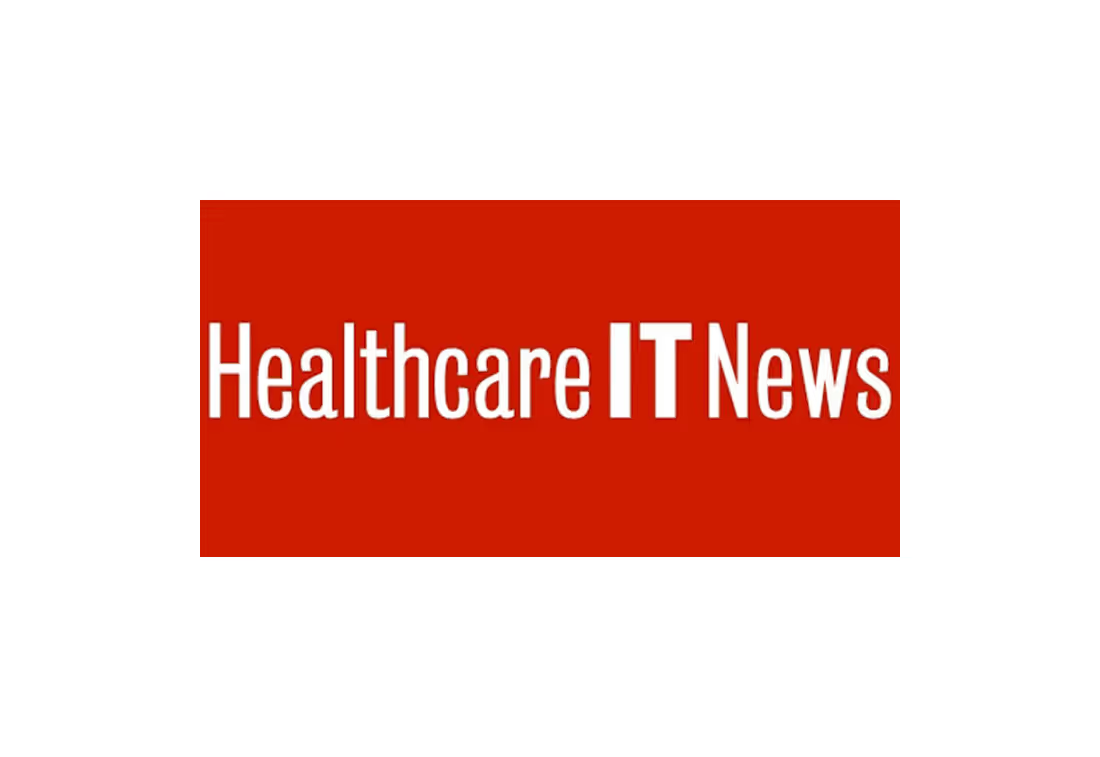ROI From Cohere Health Prior Authorization Platform
Published:
January 13, 2022

Humana is expanding its real-time prior authorization (PA) platform to its providers in all 50 states. The planned rollout comes less than one year after the company launched a 12-state pilot, which generated enough ROI for Humana to begin a nationwide implementation. One plan executive reports that the platform’s instant service approvals are generating immediate, short- and long-term improvements.
THE EARLY RESULTS
The platform—which was designed and implemented in partnership with Cohere Health—is focused on PAs for musculoskeletal (MSK) services. “In just nine months, the results … have exceeded our expectations,” said William Shrank, MD, MSHS, chief medical officer at Humana. Those results include:
- Platform processes 95% of MSK PAs
- Median PA approval time of 0 minutes
- 89% of service requests can be scheduled immediately
The platform expansion will apply to all Humana Medicare and commercial members and bring real-time MSK PA to more than 65,000 contracted providers. The company hopes to build on what it sees as both the obvious and broader value of PA automation: better treatment decisions, faster service, and significant savings, with the added benefits of increasing patient safety and reducing utilization waste.
THE SECRET SAUCE
Humana’s PA platform is an example of a technology approach that solves multiple problems through multiple components. The approval process is linked to best-practice treatment suggestions at the point of authorization—”clinical nudges” that help doctors make smarter and more cost-effective choices.
The result, according to Cohere and affirmed by Humana, is a platform that “automates both provider and payer steps in the process, while also coupling AI and machine learning with evidence-based clinical policy to support better care decisions.”
Embedded within Cohere’s platform are MSK clinical pathways defined by the American Academy of Orthopaedic Surgeons (AAOS), are publicly available, and that signal pop-up recommendations at point-of-service authorization. Physicians who request 24 physical therapy visits, for example, but accept the platform AAOS recommendation of just 12 to start will receive an automatic PA.
This replaces the historical process where the request would likely be denied, activating a lengthier, manual review. Cohere reports, for example, that this “successfully influences providers to switch from an inpatient to an outpatient setting, when warranted by the evidence, in 65% of cases.”
“This is a re-imagined PA process,” says Lisa Stephens, MBA, PMP and SVP of operations at Humana. “One where expedited approval becomes the standard, especially if clinically proven care pathways are chosen.”
IMPROVING PAYER-PROVIDER RELATIONSHIPS
In the state of the union between payers and providers, PA and other utilization management (UM) controls are a growing sore spot. In a May 2021 Medical Group Management Association (MGMA) Stat poll, 81% of MGMA members indicated that payer PA requirements had increased since 2020, with some adding full-time staff to focus on PA management.
“PA is a significant pain point. It’s a high administrative burden on both ends for payers and physicians,” acknowledges Stephens.
The American Medical Association (AMA), in collaboration with patients, providers, and medical associations, has defined more than 20 principles for PA and UM reform tied to clinical validity, continuity of care, transparency and fairness, access and administrative efficiency, and alternatives and exemptions.
Humana’s PA platform touches on several of these principles, including AMA Principle #1: “Any utilization management program applied to a service, device or drug should be based on accurate and up-to-date clinical criteria and never cost alone. The referenced clinical information should be readily available to the prescribing/ordering provider and the public.”
Humana physician response has been positive.
“We are hearing from physicians and their staffs that this is a better experience,” adds Stephens. “Providers can give real-time feedback via the PA interface.” The result? Cohere reports that 72% of providers are “very satisfied” with the platform.
JUST THE BEGINNING
Humana is exploring how to refine its current operational model as it partners with Cohere to add other conditions to the platform, including those that present a similar profile to MSK.
“MSK traditionally has a very disparate service approach. Diagnostic and treatment options could include x-ray, MRI, physical therapy, surgery, pain medication. MSK is a great example of a complex care situation.” Such situations are ripe for the physician partnership, automated platform, and clinical pathways that approach what Humana is expanding.
Humana’s Stephens also calls the PA platform “just one proof point of what we’re doing to simplify, improve and automate … we are trying to be a leader in the industry.” In addition to the MSK PA expansion, other company approaches and objectives include:
- Integrating PA into the physician EHR
- Improving clinician peer-to-peer review
- Partnering with national organizations
Stephens notes that these efforts exceed traditional targets.
Humana’s PA platform is an example of how healthcare’s stakeholders are better minding the gaps of time, access, care delivery, and reimbursement. The ideal outcome is that the highest-touch, most important aspects of care delivery occur where they belong: between provider and patient.
Laura Beerman is a contributing writer for HealthLeaders.
Written by

Cohere
Health
Cohere Health’s clinical intelligence platform delivers AI-powered solutions that streamline access to quality care by improving collaboration between physicians and health plans. Cohere works with 660,000 providers and processes millions of prior authorization requests annually. Its AI auto-approves up to 90% of requests for millions of health plan members. Cohere has been recognized in the Gartner® Hype Cycle™ for U.S. Healthcare Payers in 2024 and 2025, named a Top 5 LinkedIn™ Startup in 2023 and 2024, and is a three-time KLAS Points of Light award recipient.
Stay ahead with expert insights on transforming utilization management and payment integrity—delivered straight to your inbox.


